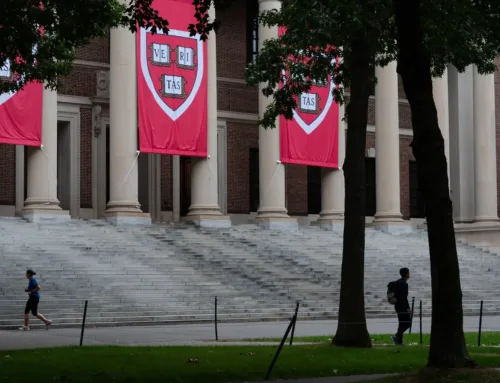In recent times, standardized testing policies for Ivy League universities have undergone significant changes, especially in response to the COVID-19 pandemic and growing concerns about equity in college admissions. As of now, several Ivy League institutions, including Harvard, Brown, Columbia, Cornell, Penn, Dartmouth, and Ivy equivalent schools like Stanford, have announced their test-optional policies. Some have extended this policy beyond the high school class of 2023, with Cornell even going test-optional through the high school class of 2024, and Harvard planning to remain test optional through 2026.
The Emergence of Test-Optional Policies
The test-optional approach gained momentum during the pandemic when many colleges and universities, including the Ivy League schools, dropped their standardized testing requirements due to the difficulty of accessing test centers reliably. The absence of SAT and ACT requirements led to a surge in applications to top colleges, driving acceptance rates even lower.
Emphasis on Equity and Holistic Evaluation
College admissions offices have become increasingly mindful of promoting equity and diversity in their applicant pools. Concerns about standardized tests being unfair to historically marginalized students have led to a reevaluation of their relevance in the admissions process. Many institutions argue that they can successfully evaluate applicants without relying on test scores, thereby focusing on a holistic approach to consider other factors, such as GPA, extracurricular activities, and essays.
The College Board’s Response
In response to the cascade of test-optional policies, the College Board, responsible for designing and administering the SAT, has announced forthcoming changes to the test to make it fairer and more accessible. However, whether these changes will influence colleges’ decisions about the use of standardized tests remains uncertain.
A Mixed Landscape and a Test-Optional Future
As the debate around SAT and ACT requirements continues to evolve, the long-term trends remain difficult to predict. While some Ivy League schools, like Columbia, have implemented permanent test-optional policies, others, like Ivy League-equivalent schools such as MIT, have reverted to requiring standardized test scores. Overall though, we may be moving toward a test-optional future in college admissions, where standardized tests are just one aspect of the application process.
What Does This Mean for Applicants?
For prospective students, the evolving testing policies mean that SAT and ACT scores are no longer a main determinant of admission. If you excel in standardized testing, you have the option to showcase your strength through these scores. However, if testing is not your strong suit, the test-optional landscape offers a more equitable and inclusive admissions process, where other aspects of your application, such as rigorous coursework, GPA, and compelling essays, play a more crucial role.
The Power of Preparation
While standardized testing is becoming less emphasized, preparation and performance still matter. As an Ivy League applicant, it is essential to consider your testing options and make informed decisions about whether to submit scores.
As the future of standardized testing policies unfolds, Ivy College Essay can provide expert guidance to help you build a balanced college strategy and navigate the evolving admissions landscape.
Contact me today at IvyCollegeEssay.com for personalized assistance to reach your academic goals. With my support, you can confidently navigate the new test-optional environment and present a compelling application that highlights your unique strengths and aspirations.
Get into the school of your dreams!






